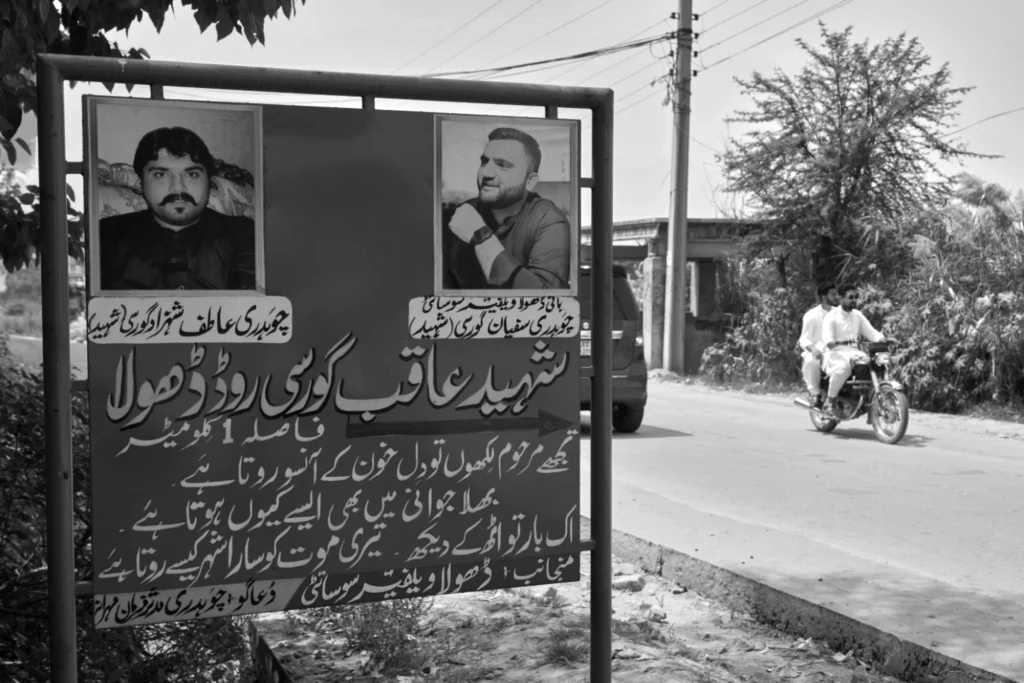A harrowing migration journey has cast fresh scrutiny on a brutal smuggling network operating through West Africa, as 21-year-old Amir Ali from Pakistan recounted surviving a deadly voyage across the Atlantic Ocean that left 44 fellow countrymen dead.
What began as a hopeful trip to Spain turned into a nightmare spanning six months, four countries, and over $17,000 in smuggler payments. Ali’s journey, and that of fellow survivor Imran Iqbal, highlights how international smugglers are shifting to longer and riskier routes in response to tightened European border controls.
Ali was promised a visa and air travel to Europe. Instead, he was trafficked through Ethiopia, Senegal, and Mauritania countries where bribes were routinely extorted and physical abuse was rampant. The migrants were held in cramped “safe houses” and endured months of starvation, beatings, and captivity.
“I was essentially held captive,” Ali told the Associated Press during a recent interview in his home village in Gujranwala district. “Our passports, our money everything was taken from us.”
On January 2, Ali, Iqbal, and over 80 others were forced aboard a rickety fishing boat from Mauritania’s coast, bound for Spain’s Canary Islands. The vessel, designed to hold 40 people, was overloaded and soon became a floating death trap. “It was the hardest 15 days of my life,” Iqbal recounted.
According to survivors, the crew beat passengers with hammers, killing 15 in a single night. Others succumbed to dehydration, starvation, and drowning as the boat took on water. Bodies were thrown overboard without ceremony. Only 12 corpses were returned to Pakistan.
After 10 agonizing days at sea, a passing fishing vessel rescued the survivors and towed them back to shore. By then, nearly half the passengers had died.
Mauritania has since intensified border surveillance, and Pakistani authorities have launched a crackdown on trafficking rings. President Asif Ali Zardari has vowed to dismantle the networks, with dozens arrested so far. But many fear the arrests are limited to low-level operatives, leaving the core smuggling infrastructure intact.
The Atlantic route to the Canary Islands, once predominantly used by West African migrants, is now attracting individuals from Pakistan, Bangladesh, Yemen, and beyond lured by false promises and manipulated through social media.
Despite the danger, the numbers are rising. Spain’s Interior Ministry reported nearly 47,000 arrivals in the Canary Islands in 2024 alone, making it the deadliest migration corridor in the world. NGOs estimate thousands of deaths went unrecorded last year, with many bodies never recovered.
Ali, now back in Dera Bajwa, looks on at the grand homes built by successful migrants and ponders his ordeal. “These are the houses of those who made it abroad,” he says. “People like me see them and dream without thinking.”
The world’s attention, once again, is drawn to the unforgiving reality of migration: a road paved with desperation, exploitation, and far too often — death.
Source: Associated Press


